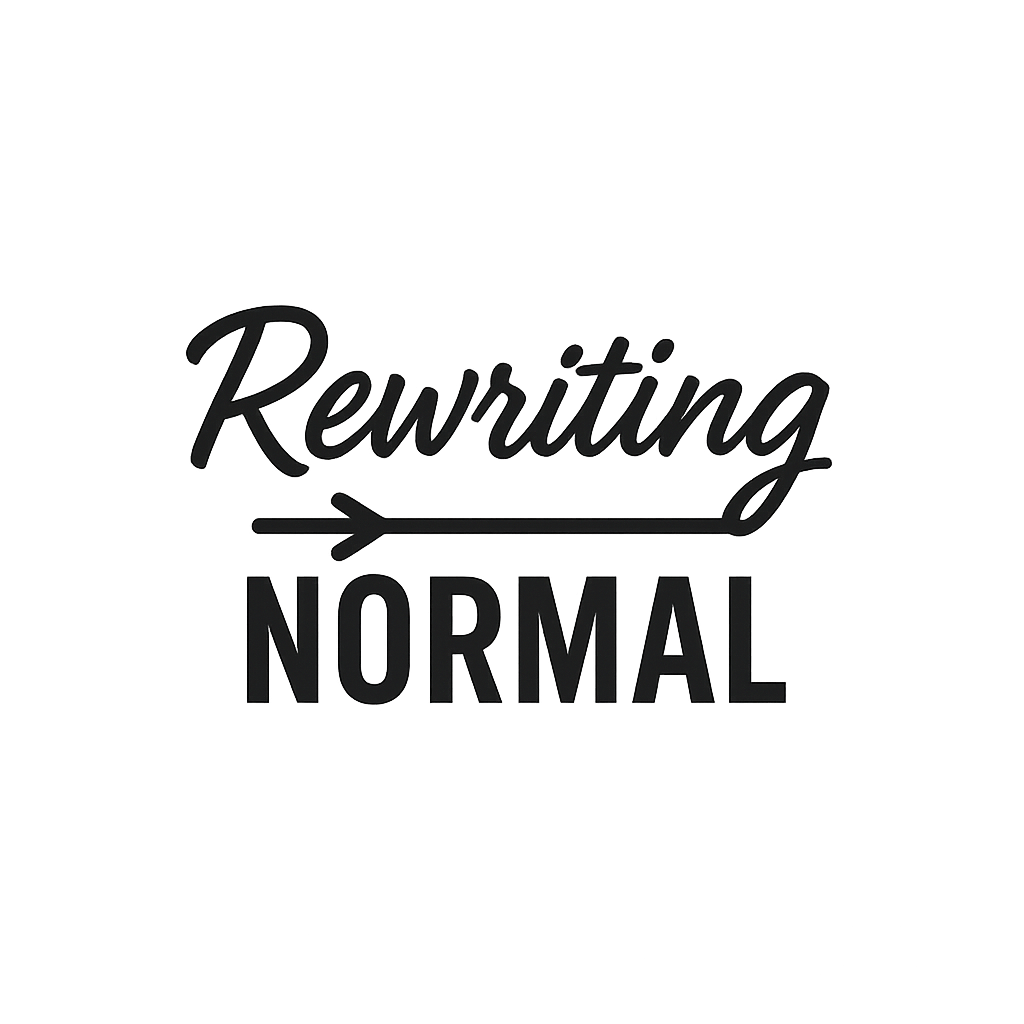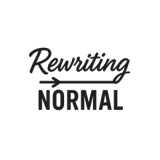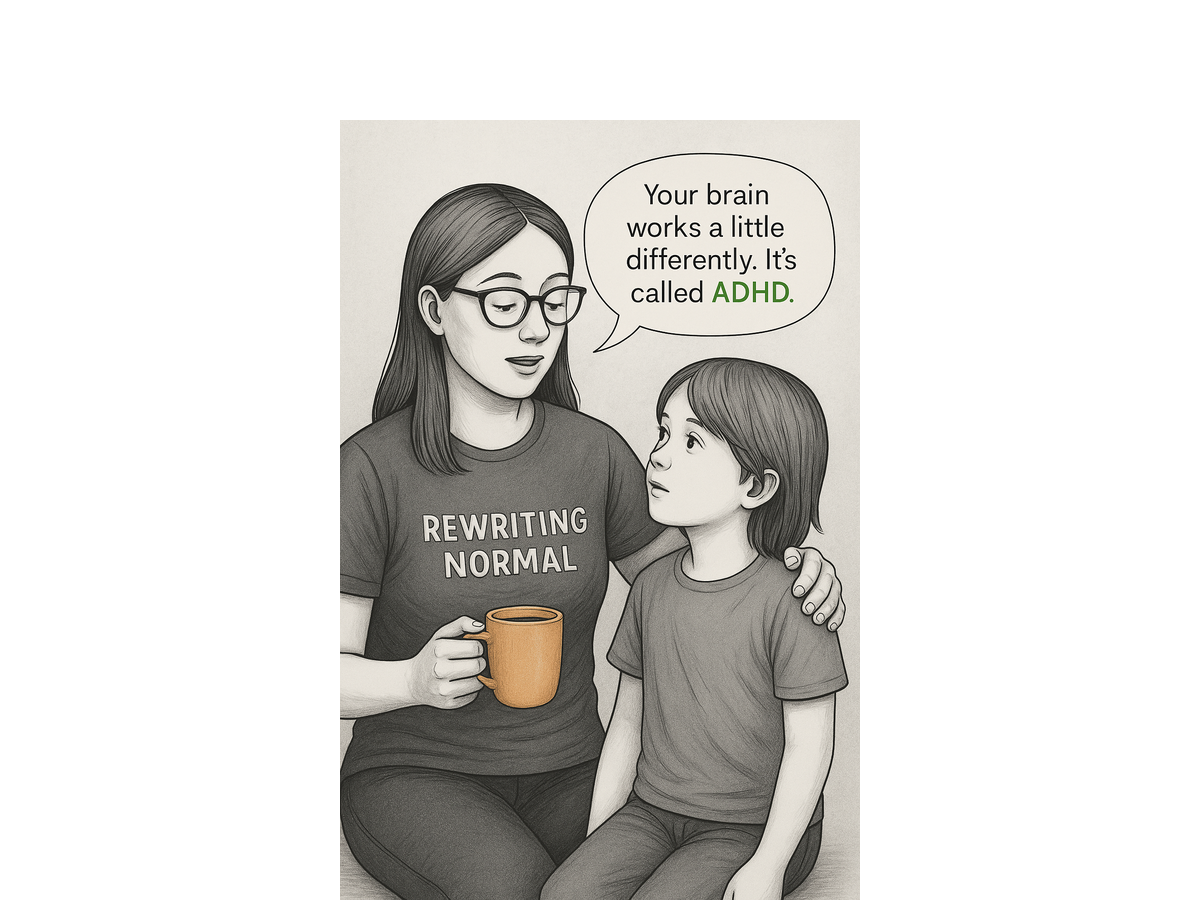How to Explain ADHD to Your Kid (When You Have It Too)
When you’re the parent and you have ADHD, things get personal fast.
I used to wonder how I’d explain ADHD to my child—especially while still figuring it out myself. I didn’t grow up with language for it. I didn’t know what it looked like, or how much it explained. And now, I’m parenting a child who does have a diagnosis—and who is trying to understand what that means when the world sends very mixed messages.
I told him before I was ready.
Like many kids, my son felt different long before anyone said the word ADHD. But after a while, the differences weren’t just “personality” or “being six”—they were affecting his confidence, his friendships, and how school treated him.
So we talked about it. Not all at once, and not perfectly. But gently. Honestly. A little at a time.
Start with what you know.
I explained that his brain works differently. That it’s really good at some things (like creativity, curiosity, deep focus on his interests), and it struggles with others (like remembering what he was doing, or starting something boring).
We talked about how lots of people have brains like his—and like mine.
We even gave names to parts of his brain:
His logical brain is called Pikachu, and his worry brain is Sobble.
Those little metaphors made it easier for him to talk about what was going on inside his head. And for me, it made it easier to separate the behaviour from the person.
I wasn’t chasing labels—I was chasing answers.
I honestly thought it might be anxiety, so when the ADHD diagnosis came back, I was surprised. At first, I felt deeply sad. Not because something was “wrong,” but because I didn’t understand it yet.
Looking back, I think it was more overwhelm than sadness. ADHD was new to me in a deep sense. I’d heard of it, sure—but never looked closely, never thought it applied to us. The moment we got that diagnosis, I went into hyper-focus mode. I was reading everything, trying to make sense of it all, trying to get ahead of the next step. It felt intense. And scary. But that fear passed the more I learned.
You have to explain ADHD before someone else misexplains it.
One day at school, my son told a friend about his ADHD. He was six.
The next day, his friend came back and said, “My parents said ADHD isn’t real.”
Imagine that. You’ve finally learned why things feel hard for you. A grown-up you trust explained it. You’ve maybe seen a doctor, had tests, been brave.
And then another kid says it’s fake.
It’s confusing. It’s invalidating. And it’s happening because someone else got to the explanation first.
We were open from the start, but the questions came slowly.
He was actually in the appointment with us when we filled out the questionnaire. The paediatrician was observing him, and it felt natural to include him—so we were open from the beginning.
But I didn’t have the language to explain it properly right away. I try to be honest with my kids, always, but back then I was still learning what ADHD really meant. So we started small. I answered what I could, and kept learning so I could answer better over time.
He wasn’t especially curious at first—he was five and more interested in getting back to his books. The diagnosis meant more to us, as his parents, than it did to him at that age. But we knew the questions would come.
At six, we trialled medication. We saw differences, but he couldn’t explain them. That led to a lot of second-guessing. Were we doing the right thing? Was it necessary?
We’ve always followed a “less is more” approach. We’d never want to medicate more than needed—but we also saw what happened when we tried stopping. The intrusive thoughts came flooding back. He couldn’t do the things he loved anymore. So we resumed. Not to “fix” him, but to help him function and feel like himself again.
You explain ADHD differently at every age.
A five-year-old needs a lot of reassurance. A short explanation. Something they can picture.
A fifteen-year-old needs space. Truth. Partnership. Something that makes them feel empowered, not othered.
And in between? You follow their lead. You answer their questions. You gently correct the things the internet or a classmate might have said. And sometimes, you admit you’re still learning too.
What helped us
- Naming what’s happening: “Your brain likes interest more than importance. That’s why this task feels hard.”
- Validating his frustration: “It’s not fair that other kids can do this easily. I get that.”
- Sharing my own experience: “Sometimes I forget what I was saying halfway through. That happens to you too, right?”
- Correcting misinformation: “That person might not understand ADHD well. But you can ask me anything.”
I don’t think I could have explained ADHD this clearly if I hadn’t gone through my own diagnosis, research, and reflection. Because I live it, I can share stories that make sense in his world—like why it’s hard to stop mid-project, or how our brains get stuck on certain thoughts. If I didn’t have ADHD, I’d still do my best with research and professionals. But there’s something about knowing from the inside that helps it all land differently.
We’ve always made language a safe place.
In our house, we’ve never used the word “naughty.” We don’t say “bad boy” or “bad girl.” That was a conscious choice we made long before any diagnosis. Because even before we had the words, we knew that how a child feels matters more than what you say. Tone, body language, safety—that’s what sticks.
So when we talk about ADHD, we do it in a way that reinforces support. Not shame. Not blame. Just honesty, care, and understanding.
It’s not a superpower. But it’s not a flaw either.
In our house, when explaining ADHD we don’t call ADHD a superpower. That feels too shiny. Too unrealistic.
We call it a brain difference. Something that makes some things easier and others harder. Something that needs understanding, support, and structure—but not shame.
Of course I’d love if he didn’t have to struggle. If school was easier. If he could just be without needing accommodations or explanations. But wishing it away won’t help him thrive.
What helps is working with his brain. And showing him how to be proud of who he is—even when the world doesn’t understand.
Final Thoughts: Your kid deserves the truth. So do you.
There are many ways to explain ADHD to your child and it doesn’t have to be one big, dramatic moment. It can be quiet. Ongoing. Adapted as they grow.
But if you don’t talk about it, someone else will.
And they might not get it right.
Honestly, it surprises me that some parents choose not to tell their child. To me, if there’s something that could help them feel relief—or simply understood—why wouldn’t you offer it?
I grew up in a time when we didn’t talk about feelings. You pushed through, swallowed discomfort, and definitely didn’t discuss what you were struggling with. Now, as a parent, I’m unlearning that. Slowly. And teaching my kids something different.
You don’t need to have it all figured out before you begin.
You just need to start the kind of conversation you wish someone had started with you.
TL;DR – How to Explain ADHD to Your Child (When You Have It Too)
- Keep it honest, simple, and age-appropriate
- Let them ask questions and name their experience
- Share your own ADHD where it helps them feel less alone
- Don’t wait until you “have it together”—start small and grow the conversation over time
- Counteract misinformation with calm, clear truth
- Support the person, not just the diagnosis
If you’re looking for a general overview of ADHD in kids, the Mental Health Foundation of New Zealand explains it clearly here.
Want to learn more about how I explain ADHD to myself too?
Read: I’m Not Lazy — I Have Decision Fatigue
I’ve shared this story with care, and always aim to respect my children’s privacy while sharing what might help other families.




